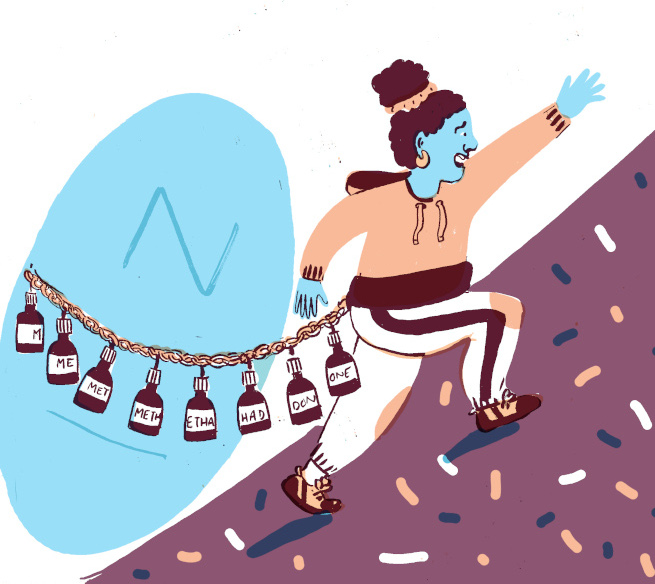Experiences of benzo/Z-drug and opioid co-use: research findings and recommendations
30 July 2025
A new booklet has been launched sharing research findings, stories and recommendations from a study investigating the risks of combining opioids with sedatives like benzodiazepines (benzos) and z-drugs. This practice is known as “co-use,” and is contributing to rising drug-related deaths across the UK.
Researchers from the University of Bristol conducted 48 interviews with people who co-use these drugs in Glasgow, Bristol, and Teesside. They also interviewed 24 healthcare professionals. Their findings paint a stark picture of a public health crisis driven by trauma, inadequate mental health support and a lack of tailored treatment options.
The research also included laboratory experiments to understand how these drug combinations affect the brain and breathing. Findings confirmed that even when taken at different times of day, the long-lasting effects of these drugs can interact dangerously. Separating out dosing is not in itself enough to remove risks.
The study found that people often co-use opioids and benzos to lessen withdrawal symptoms, for example from heroin, to manage mental health issues, emotional distress, and chronic pain.
Many described seeking either a sense of comfort or complete escape – what participants called “glow” or “oblivion.”
The new booklet (PDF) tells 3 stories with accompanying illustrations based on the research findings. These stories capture the diverse perspectives of people who co-use and people working in primary care, drug treatment services, support and mental health services across England and Scotland.
The booklet was developed by the research team with experts by experience Nicky and Zoe, and local illustrator Jessica Kettle.

Complex experiences are shared in the stories highlighting:
- The consequences of prescribed doses of benzos being reduced or stopped altogether
- The uncertainty staff experience in how to support people who co-use in the absence of evidence-based guidance on prescribing and harm reduction for co-use
- The risks of unregulated street drugs
- The impact of childhood trauma and untreated mental health symptoms and the barriers people who use drugs face accessing appropriate mental health support
- A need for funding to support specialist psychological support for people who use drugs
The research team call for urgent changes in how services support people who co-use opioids and benzos. Key recommendations include:
- Flexible, tailored prescribing of benzodiazepines for people who are dependent
- Structured detox plans that endeavor to meet individuals where they are at, within an acceptable level of shared risk
- Improved harm reduction education and advice specific to this group of people
- Better training for staff on drug interactions
- Holistic psychosocial support to improve wellbeing and focus on specific motivations and behaviours around co-use
- Ensuring drug use does not block access to mental health services for those who co-use who have untreated or inadequately treated mental health disorders.
Dr Jo Kesten, one of the lead researchers, emphasised the need for compassionate, informed care:
“Our hope is that by sharing these powerful stories based on the lives of our research participants, the need for urgent action is made clear and policy and key decision-makers will consider our recommendations.”
The study was supported by the Medical Research Council, the ESRC, and the National Institute for Health and Care Research (NIHR) Health Protection Research Unit and NIHR Applied Research Collaboration (ARC) West. It highlights a pressing need for integrated, trauma-informed approaches to drug treatment in the UK.
For more information, visit the ARC West project page.